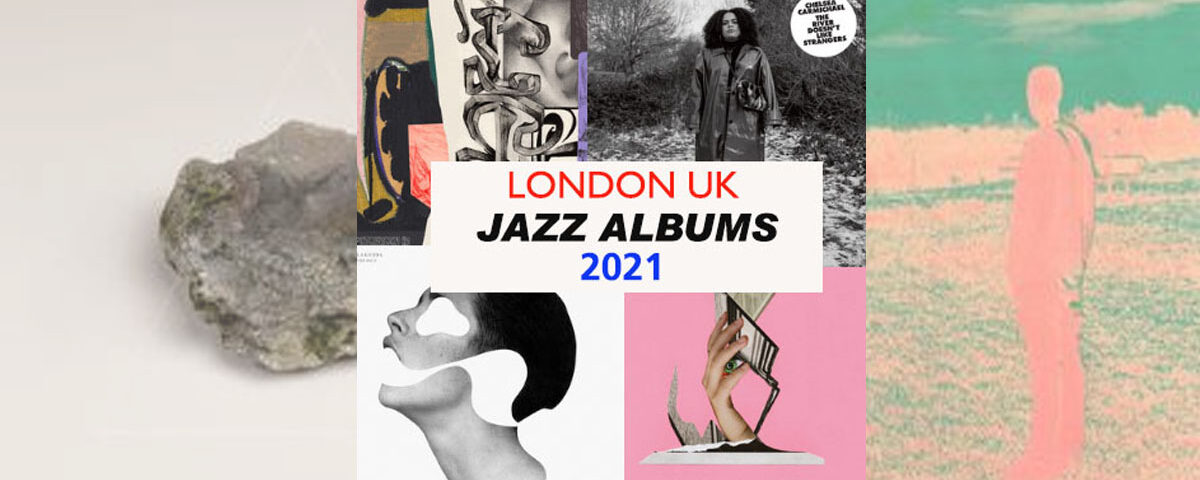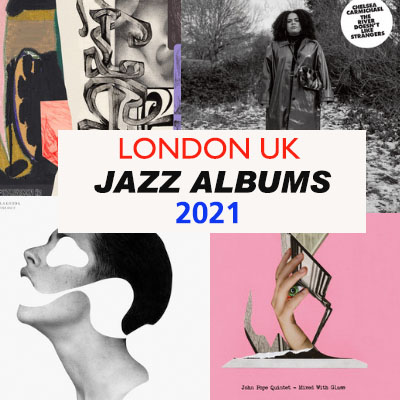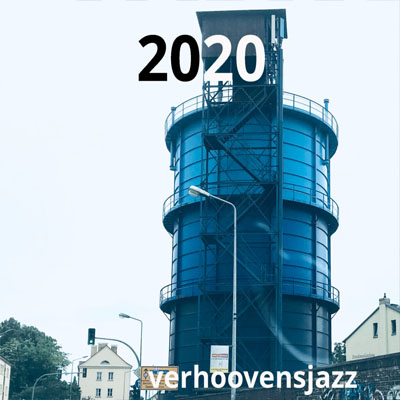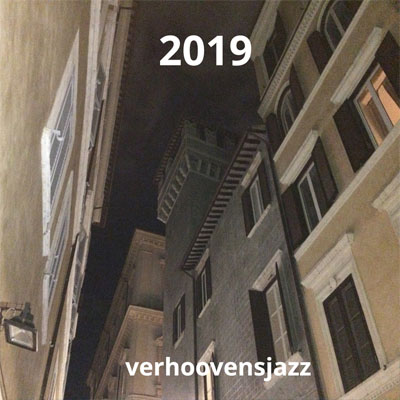Jazz Albums Review London UK 2021
Londoner Jazzszene – die vitalste weltweit, sagte ich und hörte gleich: vermeide Superlative. Unbestritten ist: GB hat eine der besten Ausbildungssysteme weltweit, was Musik angeht nicht erst seit Georg Friedrich Händel. Die Liste britischer Komponisten verweist auf Benjamin Britten oder William Lloyd Webber oder John Plummer und William Byrd und Henry Purcell oder Michael Nyman – die wir hier auch aus der Philharmonie kennen – wer aber kennt Iain Hamilton, John Dowland oder Anthony Dayne (der 2021 verstorben ist).
Für uns zum Nachlesen auf Wiki:
United Kingdom oder Großbritannien war im Lauf seiner Geschichte ein wichtiger Produzent und wichtige Quelle musikalischen Schaffens, das seine künstlerische Grundlage aus der Kirchenmusik und der alten und traditionellen Volksmusik und Instrumentierung von England, Schottland, Nordirland und Wales bezieht.
Jedes der vier Länder des Vereinigten Königreichs hat seine eigenen, unterschiedlichen und unverwechselbaren Volksmusikformen, die bis zur Ära der Industrialisierung florierten, bis sie durch neue Formen der populären Musik, einschließlich Music Hall und Blaskapellen, ersetzt wurde. Viele britische Musiker haben die moderne Musik weltweit beeinflusst, Großbritannien hat eine der größten Musikindustrien der Welt. Globale Musik, die von britischen Acts beeinflusst sind umfasst Pop, Rock sowie die Genres; Avant-Funk, New Wave, Acid Jazz, Neo Soul, Trip Hop, Dubstep und Industrial.“
Es folgt die Übernahme der Musikstile aus den USA, was Blues, Jazz und Rock n Roll angeht. Bis schließlich mit den Beatles die „britische Invasion“ mit Musik umgekehrt weltweit einsetzt, von den Rolling Stones, David Bowie, den Sex Pistols, Joy Division über Bauhaus bis The Cure, um nur einige wenige zu nennen, die maßgeblichen Einfluss auf die Musikströmungen weltweit nahmen, vom Jazz ist in diesen Jahren nicht viel zu sehen oder zu hören im Vergleich zum Erfolg der anderen Genres. (Heißt nämlich nicht, dass es ihn nicht gab.) Hierzu ein Link auf eine 2021 erschienene Aufnahme: Journeys in Modern Jazz: Britain (1965-1972).
Erst in den Neunzigen schließlich – die Post-Rock-Ära war eingeläutet – kamen Acid-Jazz und Drum N Bass mit dem Trip Hop in Mode, Adele und Amy Winehouse erobern die Insel – und der Jazz selbst? Du hast die Auswahl nicht erst seit Portishead oder Portico, neuerdings nämlich haben wir einen sogenannten Jazzboom auf der Insel von Sons of Kemet, Nubya Garcia, Kokoroko über Blinker and Moses und Rob Luft, neu im Takt: Chelsea Carmichael oder Ill Considered , das ist so mitreißend, da entstehen sogar Räume für traditionell agierende Musiker wie John Pope oder Xhosa Cole.
Artikel : Da spielt die Musik! Neues und Gutes aus Großbritannien! von Rainer Ortag, THE UNSTOPPABLE RISE OF BRITISH JAZZ – Lasst uns wieder Jazz und Hip Hop spielen, Mysteriöse Kometenkmelodien in der Taz, auf Byte FM der Umsturz auf dem Dancefloor, auf meinen Süd-Afrika Artikel vorgreifend beim Radiohörer OGUN Records feiert die Zusammenarbeit zwischen Jazzkünstlern in Großbritannien und Süd Afrika von Andy Thomas. Auf Englisch bei Bandcamp. Jazz a la Redbull gibt es hier: We are living duriong a amazing era for UK Jazz
Und gleich auch hat die Jazzpolizei einen Einwand: im Deutschlandfunk als Hinweis auf die Musikerinnen, die allzu schnell vergessen werden und siehe da, oh Wunder, Artikel von 2018 ist schon archiviert – trägt nicht wirklich dazu bei, nicht zu vergessen – schade.
Zurück zum Boom – wie kommt es, dass er in London stattfindet und nicht in Berlin, Paris oder Madrid. Allein am besseren Marketing und an den besseren Zeitschriften und Magazinen kann es nicht liegen, auch nicht am geringen Interesse seitens Zeitungen oder TV-Anstalten. In den Jazzreportagen wird Gilles Peterson mit seiner Sendung Worldwide Radio ein großer Einfluss zugeschrieben.
Im Deutschlandfunk Musikszene in London aus 2019 gibt es einen ungefähren Eindruck von dort. Jazz sei wieder jung und hip. Im neuen London jenseits der elitären Clubs und Konservatorien, heißt es, die lose Szene Londons setzt sich zusammen aus Einwanderern und ihren Kindern, und: aus jungen Engländern, die genug haben vom Chauvinismus des alten britischen Pop-Establishments.
Hilfreich ist auch der Artikel Britischer Jazz On The Hot Spot von Nils Schlechtriemen auf .hhvmag. Dort gibt es einerseits ein Aufbäumen gegen all das Gehabe intellektueller Hörer, andererseits eine sehr gut vernetzte Szene um die Crews von Ill Considered, Sons Of Kemet und Wildflower oder Shabaka Hutchings herum. Die Verbindungen reichen bis nach Süd Afrika – das wird uns, denke ich, noch beschäftigen.
Erwähnt ist die wohl „denkwürdigste Aufnahme des Jahres 2016“ Wisdom of Elders von Shabaka and the Ancestors. Link nach Bandcamp. Erwähnt ist auch der sogenannte UK Bass, den wir aus den Neunzigern kennen mit seinem Acid-Jazz Sound und dem Jungle. Der maßgeblich zur Tanzbarkeit und zum Mitgrooven mit dieser neuen Jazz-Generation einlädt.
»Es gibt hier einen großen Hunger auf neue Musik, neue kulturelle Einflüsse«, erzählt Gilles Peterson im Interview. »Das hat in der Vergangenheit schon oft dazu geführt, dass Künstler aus den USA zuerst in Europa und auf den britischen Inseln Erfolge feierten, bevor sie anschließend durch die hiesige Aufmerksamkeit in ihrer Heimat bekannter wurden. Ich denke etwa an The Roots und Mos Def, oder Madlib und J Dilla. In gewisser Weise passiert etwas Ähnliches heute auch – nur umgekehrt.« Wer weiterlesen will bitte hier
Alles in allem könnte nun auch der Eindruck entstehen, es handele sich hier nur um eine Medienblase und am anderen Ende dessen stehen wir wieder mit leeren Händen da, dagegen spricht allerdings, dass sich das schon seit mehr als fünf Jahren in dieser Qualität und Intensität hält, und du jedes Jahr wieder eine Fülle an großen Aufnahmen geliefert bekommst, wie eingangs erwähnt: Old School besteht neben New Hip und ergänzt sich auch, das ist, was mir für die Szene in unseren Breiten fehlt: Das Abbauen von Berührungsängsten und genreübergreifendes Musizieren.
Und wir schließlich weder daran denken, noch es irgendwie jemals geglaubt hätten: dass der Jazz tot sei. Eine vor dem Hintergrund eher peinliche Formulierung, gemessen an Verkaufszahlen ist er in Schwierigkeiten, gewiss, solange aber etwas, wie die Szene in London in den letzten fünf Jahren bewiesen hat, existiert, reibt man sich umso verwunderter die Augen, auf welch überkommenen Musikveranstaltungen sonst noch so beklagt werden könnte, ach der Brahms, der Hindemith, der Schoenberg, ach der Paganini, der Verdi, der Johann Trübsal und der Wolfgang Immermüde.
Ein starker Jahrgang wieder und was einen so freut für die Szene. Sie musiziert von Innen heraus, nicht nach Lehrplan oder Semesterstufen oder entlang sich rümpfender Nasen. Tatsächlich frischer Wind trotz Brexit oder gerade wegen Brexit – wahrscheinlich hat es damit überhaupt nichts zu tun. Das machen dann die immer hellwachen Historiker unter sich aus.
Die Links zum Jazz diesmal ganz auf die Musikerinnen gemünzt, vielen Dank nach London und UK !
Jazz Albums Review London UK 2021
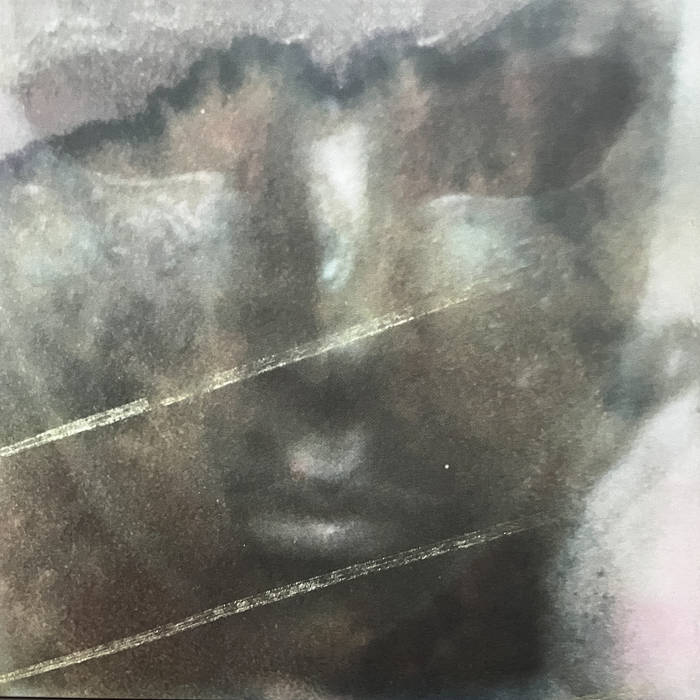
by Ruth Goller
All music written and recorded by Ruth Goller.
Electric bass, double bass and vocals on all tracks by Ruth Goller
Alice Grant on vocals on tracks 3,5,6, and Lauren Kinsella on vocals on tracks 4,6,7. Produced and mixed by Kit Downes

by Archipelago
Archipelago – Faye MacCalman (sax) (voc), John Pope (b), Christian Alderson (dr)
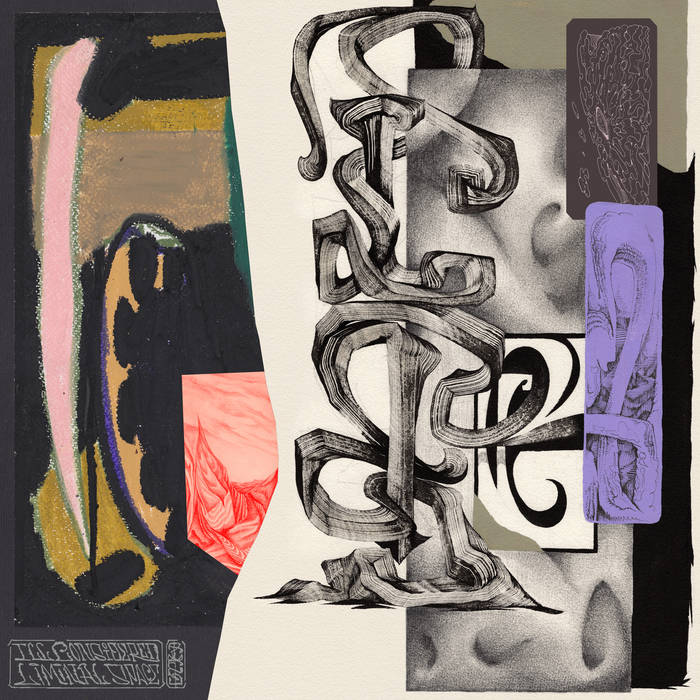
from Liminal Space by Ill Considered
Ill Considered Liminal Space – Idris Rahman (sax), Liran Donin (b), Emre Ramazanoglu (dr), Ahnanse (sax), Kaidi Akinnibi (sax), Leon Brichard (b), Theon Cross (tb), Robin Hopcraft (tp), Sarathay Korwar (dr), Tamar Osborn (sax), Ollie Savill (perc), Ralph Wylde (vib)
Referenzen: Jazzviews.net | London Jazz News

by Rosie Turton
Rosie Turton : Expansions and Transformations: Part I & II Rosie Turton (tromb), Johanna Burnheart (vio), Maria Chiara Argirò (p), Twm Dylan (b), Jake Long (dr), Ben Hayes (electronics), Tom Oldfield (ce)

by Chelsea Carmichael
Chelsea Carmichael – Chelsea Carmichael (sax), Tom Herbert (b), Shabaka Hutchings (comp), Dave Okumu Composer (g), Edward Wakili-Hick (dr)
Chelsea Carmichael Wikipedia
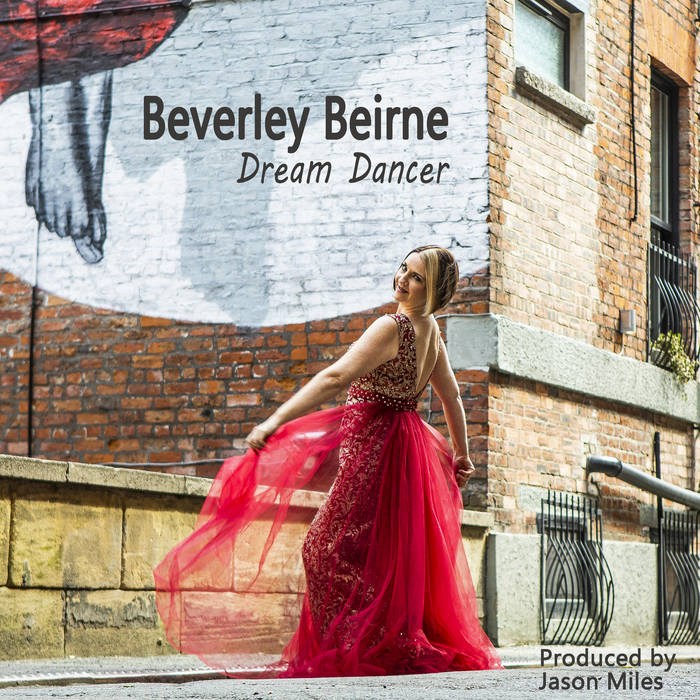
by Beverley Beirne
Beverley Beirne – Dream Dancer; Beverley Beirne (voc), Sam Watts (p), Flo Moore (b), Ben Brown (dr), Rob Hughes (sax)

by Rosie Frater-Taylor
Rosie Frater-Taylor – Bloom ; Rosie Frater-Taylor (g), (voc), Steve Taylor (dr), Seth Tackaberry (b), Hugo Piper (b), Matt Carter (p), Chris Hyson (p), Conor Albert (p)

by Kansas Smitty’s
Kansas Smitty’s – Plunderphonia; Giacomo Smith (sax), Joe Webb (p), Will Cleasby (dr), Ferg Ireland (b),
Kansas Smitty’s Website
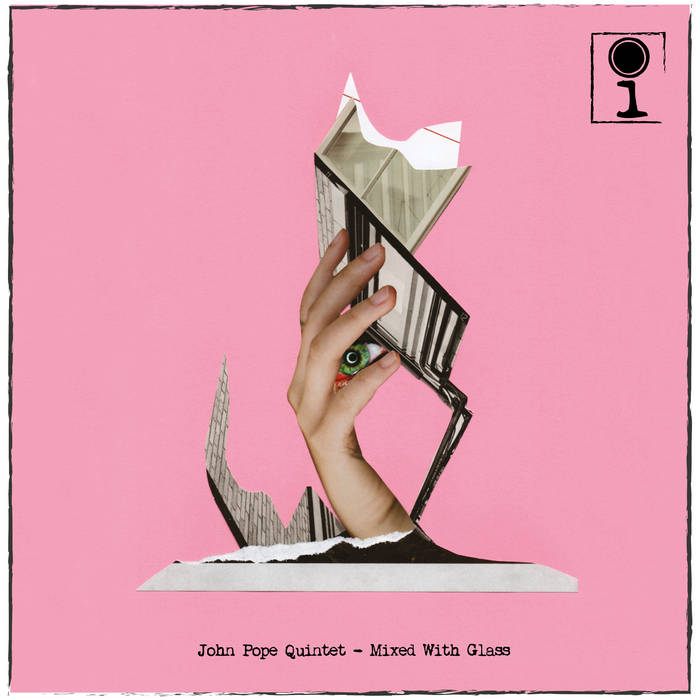
by John Pope Quintet
John Pope – Mixed with Glass John Pope (b), Jamie Stockbridge (sax), Faye MacCalman (sax), Graham Hardy (tp), Johnny Hunter (dr)
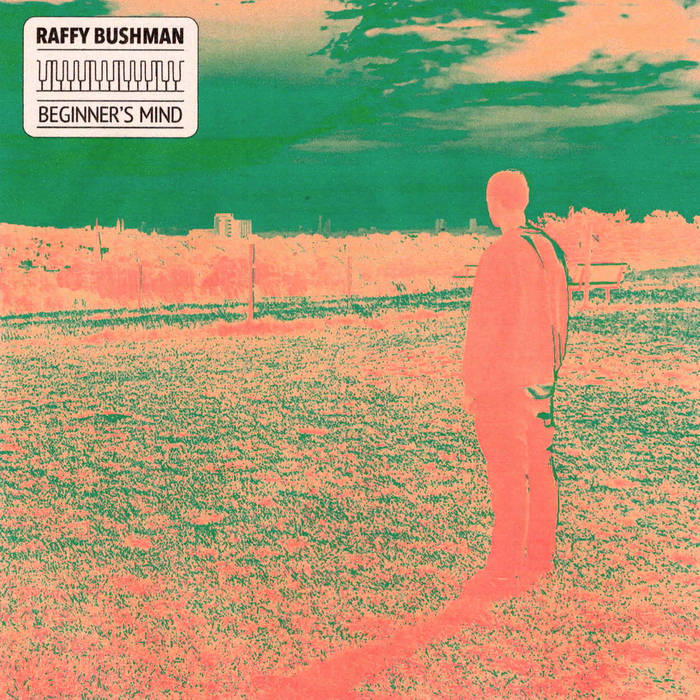
by Raffy Bushman
Raffy Bushman – Beginner’s Mind; Raffy Bushman (p), Mikele Montolli (b), Finn Booth (dr)

by Paul Edis
Paul Edis – The Still Point Of The Turning World ; Paul Edis (p)

by Fergus McCreadie
Fergus McCreadie – Cairn : Fergus McCreadie (p), David Bowden (b), Stephen Henderson (dr)
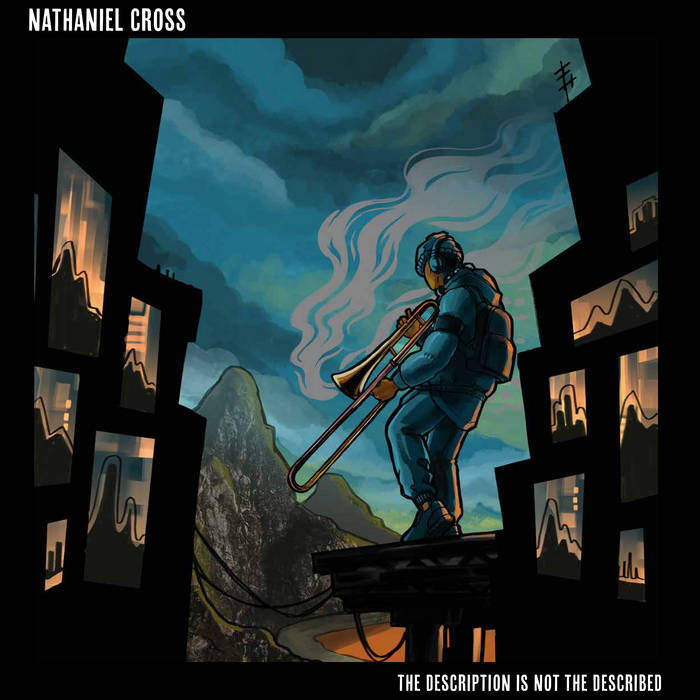
by Nathaniel Cross
Nathaniel Cross – The Description Is Not The Described – Andre Jack (b), Emmanuel Oladokun (b), Phillip Harper (conga), Yahael Camara-Onono (perc), Saleem Raman (dr), Sheldon Agwu (g), Urahara Mitchell (p), Richie Garrison (sax), Nathaniel Cross (tromb), Dylan Jones (tp), Errol Cross (voc)
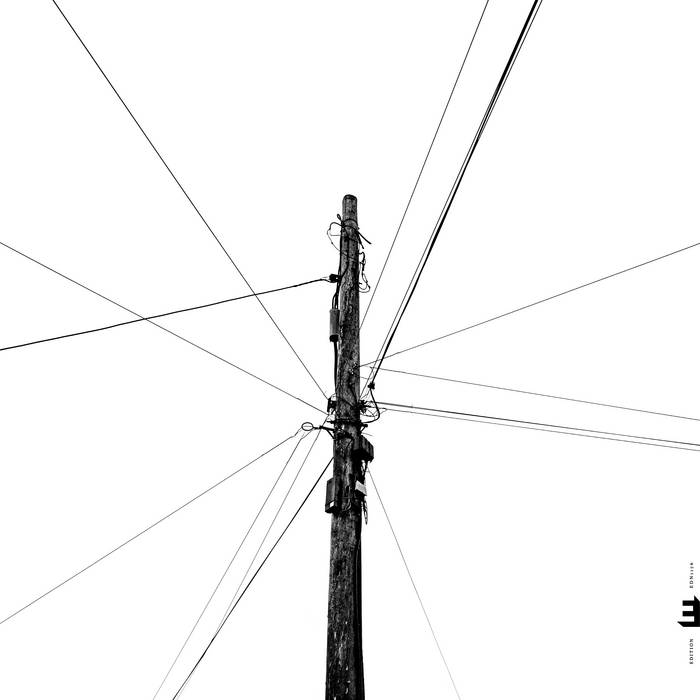
by Slowly Rolling Camera
Slowly Rolling Camera – Where the Streets Lead – Mark Lockheart (sax), Stuart McCallum (g), Jasper Høiby (b), Verneri Pohjola (tp), Chris Potter (sax), Sachal Vasandani (voc), Jon Visanji (vio), Jenni Curiel (vio), James Toll (vio), Victoria Stapleton (vio), Linda Kidwell (vio), Rob Tuson (vio), Phil Daish-Handy (ce), Lionel Handy (ce)

by NICOLAGUIDA
Nicola Guida – Speleology – Nicola Guida (p), Eddy Cicchetti (b), Dario Panza (dr), Karnival Kid (rap), Francesco Fratini (tp), Greg Osby (sax)

by Jade Like The Stone x Funkestra
Jade Like The Stone – Seven Roads (Live Masterlink Session) – Stefan Redtenbacher (b), Michael Sturgis (dr), Adam Goldsmith (g), Tona Remy (g), Anders Olinder (org), Joe Glossop (org)
Wer es wissen will: Die Jazz Awards | Britische Musikscharts | Musikschulen in GB | British Jazz
VALENTINA MAGALETTI drums | Howl Quartet from London Life As We See It
Jazz Albums Review London UK 2021
English Version Translated with www.DeepL.com/Translator
London jazz scene – the most vital in the world, I said and heard immediately: avoid superlatives. It is undisputed that the UK has one of the best educational systems in the world when it comes to music, and not just since George Frideric Handel. The list of British composers refers to Benjamin Britten or William Lloyd Webber or John Plummer and William Byrd and Henry Purcell or Michael Nyman – whom we also know here from the Philharmonic – but who knows Iain Hamilton, John Dowland or Anthony Dayne (who died in 2021).
For us to read on Wiki:
„Throughout its history, the United Kingdom has been a major producer and source of musical creation, drawing its early artistic basis from church music and the ancient and traditional folk music and instrumentation of England, Scotland, Northern Ireland, and Wales. Each of the four countries of the United Kingdom has its own diverse and distinctive folk music forms, which flourished until the era of industrialisation when it began to be replaced by new forms of popular music, including music hall and brass bands.
Many British musicians have influenced modern music on a global scale, and the United Kingdom has one of the world’s largest music industries. Global music widely developed by British acts include pop, rock, as well as subgenres of the genre; avant-funk, new wave, acid jazz, neo soul, trip hop, dubstep and industrial.
In the 20th century, influences from the music of the United States, including blues, jazz, and rock and roll, became entrenched in the United Kingdom. The „British Invasion“—spearheaded by Liverpool band the Beatles, often regarded as the most influential band of all time —saw British rock bands become highly influential around the world in the 1960s and 1970s.
Pop music, a term which originated in Britain in the mid-1950s as a description for „rock and roll and the new youth music styles that it influenced“, was developed by British artists like the Beatles and the Rolling Stones, whom among other British musicians led rock and roll’s transition into rock music. Subgenres of rock developed or invented by British acts include progressive rock, raga rock, psychedelic rock, art rock, hard rock, space rock, heavy metal, glam rock, gothic rock, and ska punk.„
This is followed by the adoption of musical styles from the USA, as far as blues, jazz and rock n roll are concerned. Until finally with the Beatles the „British invasion“ with music conversely worldwide begins, from the Rolling Stones, David Bowie, the Sex Pistols, Joy Division over Bauhaus to The Cure, to name only a few, which took decisive influence on the music currents worldwide, from the jazz is not to be seen or heard much in these years in comparison to the success of the other genres. (Doesn’t mean it didn’t exist.) Here’s a link to a recording released in 2021: Journeys in Modern Jazz: Britain (1965-1972).
Finally, in the nineties – the post-rock era had begun – acid jazz and drum n bass came into fashion with trip hop, Adele and Amy Winehouse conquered the island – and jazz itself? You don’t just have the choice since Portishead or Portico, recently we’ve had a so-called jazz boom on the island from Sons of Kemet, Nubya Garcia, Kokoroko to Blinker and Moses and Rob Luft, new on the beat: Chelsea Carmichael or Ill Considered , that’s so intoxicating, there are even spaces for traditionally acting musicians like John Pope or Xhosa Cole.
Artikel : Da spielt die Musik! Neues und Gutes aus Großbritannien! von Rainer Ortag, THE UNSTOPPABLE RISE OF BRITISH JAZZ – Let’s play jazz and hip hop again, Mysteriöse Kometenkmelodien in der Taz, auf Byte FM der Umsturz auf dem Dancefloor, anticipating my South Africa article on the Radiohörer OGUN Records feiert die Zusammenarbeit zwischen Jazzkünstlern in Großbritannien und Süd Afrika von Andy Thomas. Auf Englisch bei Bandcamp. Jazz a la Redbull is shown here: We are living duriong a amazing era for UK Jazz
And immediately also has the jazz police an objection: on Deutschlandfunk as a reference to the female musicians who are forgotten all too quickly and lo and behold, oh wonder, article from 2018 is already archived – does not really help not to forget – what a pity.
Back to the boom – how come it’s happening in London and not in Berlin, Paris or Madrid. It can’t be due to better marketing and better journals and magazines alone, nor can it be due to low interest on the part of newspapers or TV stations. In jazz reports, Gilles Peterson is credited with a great influence with his Worldwide Radio program.
In the Deutschlandfunk music scene in London from 2019 there is an approximate impression of there. Jazz is said to be young and hip again. In the new London beyond the elitist clubs and conservatories, it is said, the loose scene of London is composed of immigrants and their children, and: of young Englishmen who have had enough of the chauvinism of the old British pop establishment.
Helpful is also the article British Jazz On The Hot Spot by Nils Schlechtriemen on .hhvmag. There is on the one hand a rebellion against all the posturing of intellectual listeners, on the other hand a very well connected scene around the crews of Ill Considered, Sons Of Kemet and Wildflower or Shabaka Hutchings. The connections reach as far as South Africa – I think that will keep us busy.
Mentioned is probably the „most memorable recording of 2016“ Wisdom of Elders by Shabaka and the Ancestors. Link to Bandcamp. Also mentioned is the so-called UK Bass that we know from the nineties with its acid jazz sound and jungle. Which significantly invites danceability and groove with this new jazz generation.
„There’s a great hunger here for new music, new cultural influences,“ Gilles Peterson tells us in the interview. „That’s often led in the past to artists from the U.S. having success in Europe and the British Isles first, before subsequently becoming better known in their home country as a result of the attention here. I’m thinking of The Roots and Mos Def, for example, or Madlib and J Dilla. In a way, something similar is happening today – just in reverse.“ If you want to read on please here
All in all, the impression could arise that this is just a media bubble and at the other end of it we are empty-handed again, but the fact that this has been going on for more than five years in this quality and intensity speaks against it, and every year you get a wealth of great recordings delivered, as mentioned at the beginning: Old School coexists with New Hip and also complements each other, that’s what I think is missing for the scene in our latitudes: the dismantling of fear of contact and genre-spanning music making.
And we finally neither think of it, nor somehow ever believed it: that jazz is dead. A rather embarrassing formulation against the background, measured by sales figures it is in trouble, certainly, but as long as something exists, as the scene in London has proven in the last five years, one rubs one’s eyes all the more surprised at what other outdated music events could be lamented, oh the Brahms, the Hindemith, the Schoenberg, oh the Paganini, the Verdi, the Johann Trübsal and the Wolfgang Immermüde.
A strong vintage again and what makes one so happy for the scene. It makes music from within, not according to curriculum or semester levels or wrinkled noses. In fact, a breath of fresh air despite Brexit or precisely because of Brexit – it probably has nothing to do with that at all. The historians, who are always wide awake, will decide that among themselves.
The links to the jazz this time entirely dedicated to the female musicians, many thanks to London

